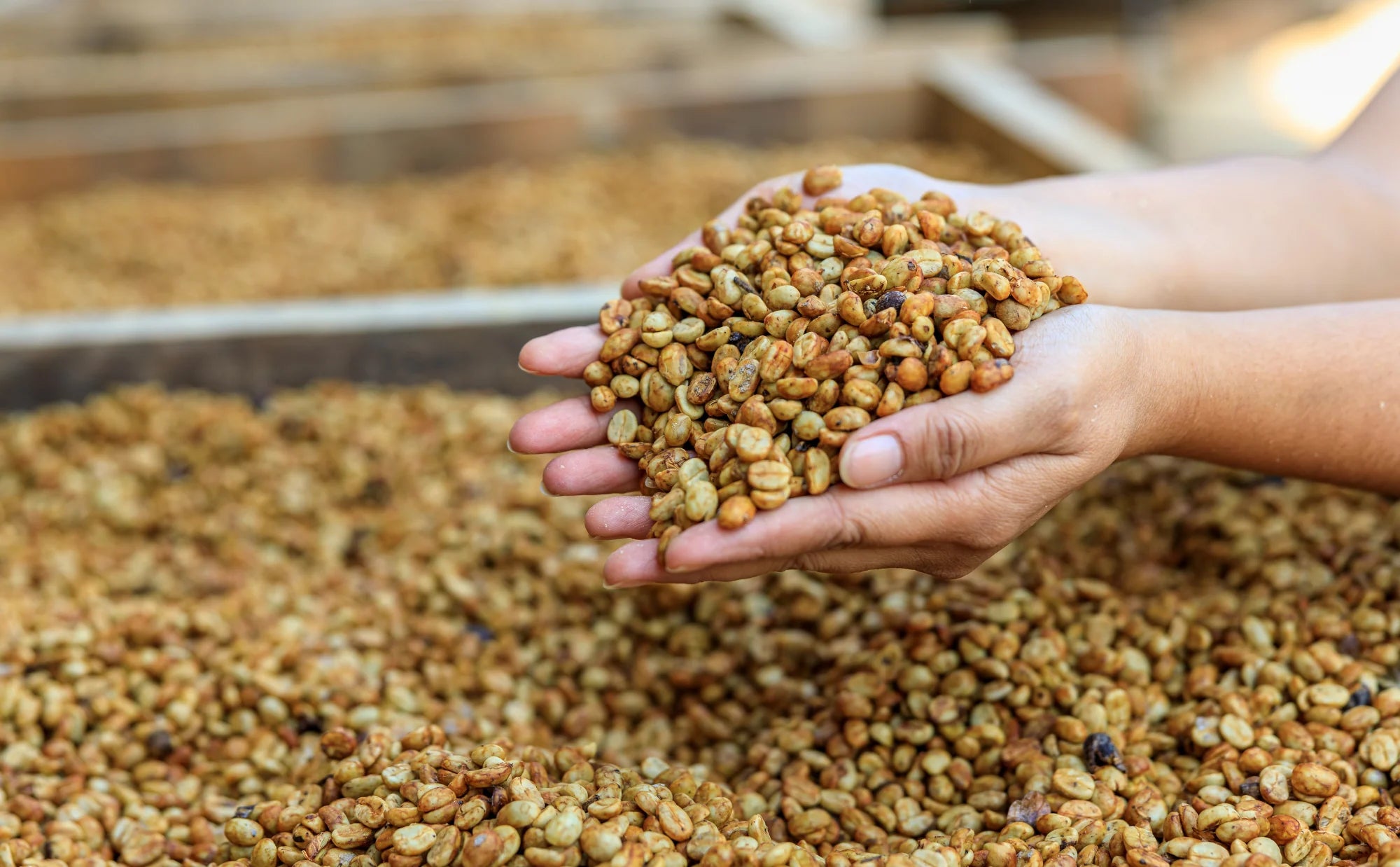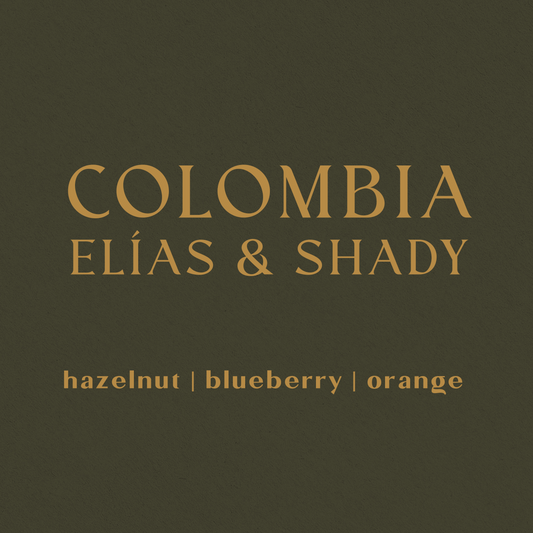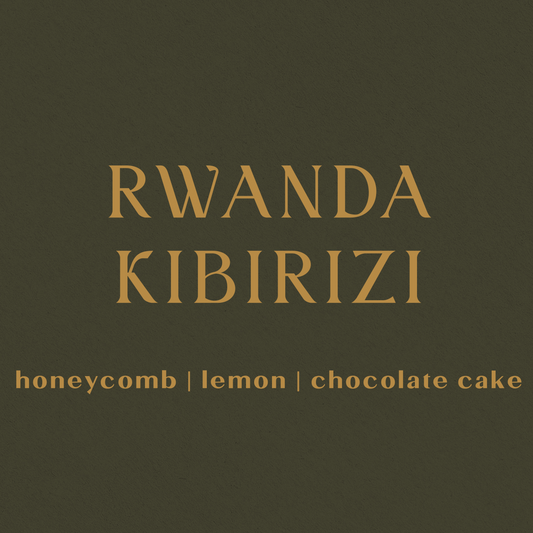
Honey
Honey process coffee is a method of processing coffee beans that strikes a balance between the washed (wet) and natural (dry) methods. It’s prized for producing coffees that are both clean and sweet, often with a rich body and vibrant fruit notes. The “honey” in the name doesn’t refer to actual honey—it comes from the sticky, sugary mucilage left on the coffee bean during processing, which resembles honey in texture.
What Is Honey Process Coffee?
Honey process coffee involves removing the outer skin of the coffee cherry (pulping) but leaving some or all of the mucilage—the sticky layer between the skin and the bean—on during drying. The amount of mucilage left on and the drying environment influence the flavor and classification.
Processing Steps
Harvesting: Only ripe cherries are selected.
Depulping: Skin is removed, but the mucilage remains.
No Fermentation: Unlike washed coffees, there’s no fermentation tank stage.
Drying: Beans are spread on raised beds or patios and dried slowly with the mucilage on. Drying may take 8–20 days depending on thickness and weather.
Turning & Monitoring: Beans must be turned frequently to prevent mold or over-fermentation.
Flavor Profile of Honey Process Coffee
Honey process coffees tend to combine the clarity of washed coffees with the fruit-forward body of naturals. Typical characteristics include:
Fruit notes: stone fruit, red berries, citrus
Sweetness: honey, caramel, or brown sugar
Mouthfeel: syrupy to creamy
Acidity: softer than washed, brighter than naturals
These coffees are often described as complex, smooth, and approachable, and they're popular among roasters who want depth and nuance without the sometimes over-fermented taste of naturals.
Shop Honey Process
-
 Sold out
Sold outElías & Shady Bayter
Regular price From $21.00 USDRegular priceUnit price / per -
 Sold out
Sold outRwanda Kibirizi
Regular price From $21.00 USDRegular priceUnit price / per -
 Sold out
Sold outJava Puncak Sirna
Regular price From $20.00 USDRegular priceUnit price / per



